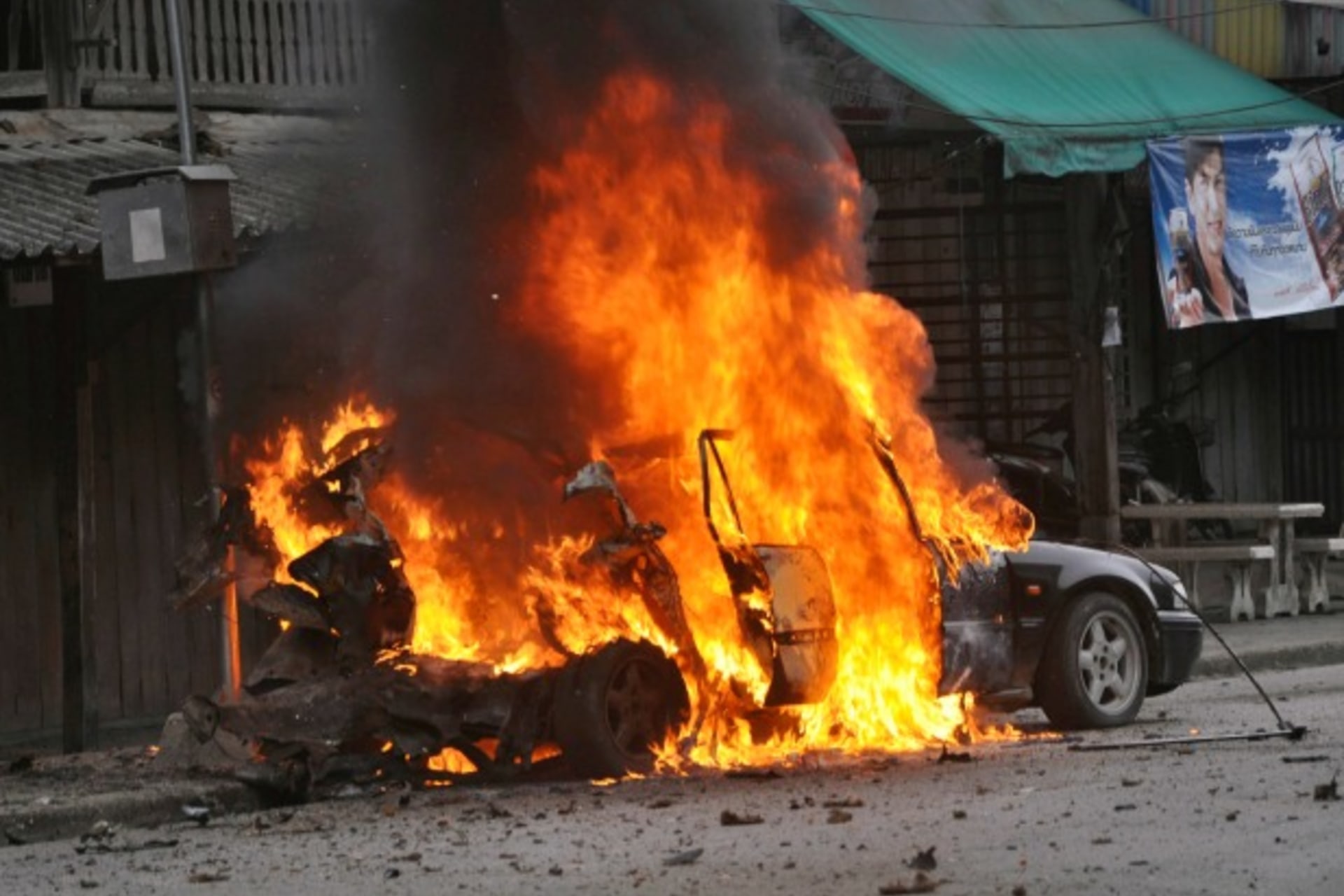A New Approach to Thailand’s Insurgency

By experts and staff
- Published
Experts
![]() By Joshua KurlantzickSenior Fellow for Southeast Asia and South Asia
By Joshua KurlantzickSenior Fellow for Southeast Asia and South Asia
The three southernmost provinces of Thailand, near the Malaysian border, have been battered by an insurgency dating, in its current iteration, to 2001. More than 6,500 people have died as the insurgents’ actions have become increasingly brutal: setting off bombs near hospitals, beheading victims, and murdering families and children. Since August 2016, the Thai insurgents also have begun trying to strike with bombing attacks nationwide, threatening a large-scale civil conflict in the kingdom. Making matters worse, a significant risk exists that the insurgency will be infiltrated by foreign militants, particularly from the self-proclaimed Islamic State, which has recruited over one thousand Southeast Asians to travel to territory held by the Islamic State in Syria.
Successive Thai governments have compounded the problem in the south. The Thai military has used brutal tactics, further alienating many southerners. These tactics have not only helped fuel the insurgency, but they have also fostered a mindset of impunity within the entire culture of the Royal Thai Army. Units from the south have subsequently deployed in Bangkok and other parts of the country where their members have committed abuses. Torture and arbitrary detention, practiced in the south for more than a decade, have become common strategies in dealing with antigovernment protestors nationwide. Thai generals who played a major part in developing the southern policy have risen to top command posts and were leaders of the 2014 coup.
The intensification of the southern insurgency and Thailand’s general political regression has come at the same time that the United States is attempting to deepen its strategic relations with Southeast Asia as part of the “rebalance to Asia.” Thai governments, which once led Southeast Asian security and diplomatic alliances, have taken a less active role in the region and Thailand has become a less reliable partner in counterterrorism, combating human trafficking, narcotics interdiction, and other U.S. priorities. Moreover, the cultural divide between the Royal Thai Army and U.S. military officers has grown as control over economic policymaking in Thailand has increasing shifted into the hands of a few generals who have shown little ability to manage Southeast Asia’s second-biggest economy. The United States has a significant stake in seeing the insurgency ended and Thailand’s political regression reversed. To that end, the United States should work with the Thai government to help adopt a new approach to the southern insurgency.
For more of my analysis of how Thailand and the United States should approach the southern insurgency, see my new CFR Discussion Paper: A New Approach to Thailand’s Insurgency.
